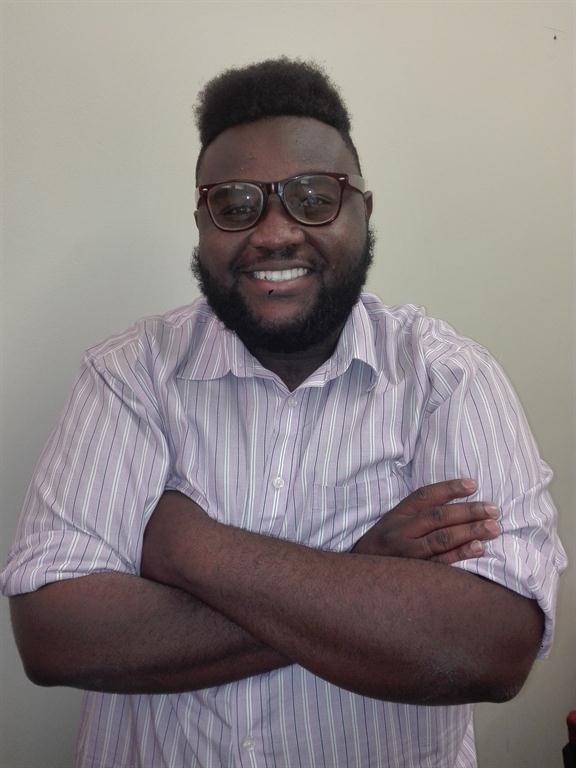Lifelong Learning and Adult Education
The solution less spoken off
Noemio Dylan MukoroliOften overlooked during the University of Namibia (Unam) registrations, never fully represented at career fairs and many at times forced onto many when other faculties are full. Lifelong Learning (LL) and Adult Education (AE), is that child at Unam that is less known about and only given enough to survive.
Firstly in this opinion piece, I will introduce the basics of Lifelong Learning and AE. Secondly I will weigh into the scope of LL and AE and furthermore I will show how LL and AE has been a catalyst to many development agendas namely the Sustainable Development Goals (SDGs) and other international imperatives. Lastly I will look at Adult Education as a means of social justice.
LL and AE is a cross cutting developmental field that brings new and exciting approaches to many issues that face society today. Highly acquainted and supportive to the notion of trickling down and decentralizing development, LL and AE holds its own when it comes to approaches, norms and beliefs of development. Scholars such as Paolo Friere, who is known as the father of Adult Education, brought forth four motions that differentiates the way adults learn from children. This today formed the cornerstone to what we know as Adult Education.
Adult education and learning is an integral part of the right to education and lifelong learning, and comprises ‘all forms of education and learning that aim to ensure that all adults participate in their societies and the world of work. It denotes the entire body of learning processes, formal, non-formal and informal, whereby those regarded as adults by the society in which they live, develop and enrich their capabilities for living and working, both in their own interests and those of their communities, organizations and societies’. This statement by the United Nations Educational, Scientific and Cultural Organization (UNESCO) draws us to one narrative, that Adult Education positions adults to actively participate in a globalized world and builds their capabilities to make meaning full contribution. UNESCO remains one of the international organizations that knows the importance of LL and AE and continues to make meaningful contribution to the field through the UNESCO institute of Lifelong Learning.
Lifelong Learning from a Social Justice Perspective
Over the past two decades, an array of globally converging discourses on lifelong learning has unearthed around the world. Pushed forward mostly by inter-governmental organizations, these discourses have been largely embraced by national and local education and learning systems seeking to reflect local traditions and priorities
In the Namibian context, with relation to the LL and AE, we speak of education for marginalized discourse. This subject trains adult learners on how to work with marginalized communities in Namibia. LL and AE holds that development cannot be for the few, but for the many.
And in Namibia, we have a massive backlog in integrating marginalized communities, simply because the right approaches and methodologies aren’t being applied.
Lifelong Learning as a re-generational model for International Imperatives
The Belem framework work for action listed five main commitments that are to be achieved. One of them is the ‘GRALE- Global Report on Adult Learning and Education’. Under this commitment, UNESCO member states have to annually report on the state of Adult Education and what they implemented and achieved.
In terms of evaluating, the UNESCO Institute for Statistics and the UNESCO Global Education Monitoring Report team as well as academic experts in the field of ALE and partners such as the World Health Organization, the International Labor Organization and the Organization for Economic Co-operation and Development have been tasked to evaluate and also identifies ways in which ALE could be better monitored in future years.
In the Namibian context, the Harambee Prosperity Plan & NDP’s has elements of LL and AE, however we still look forward to it officially being recognized in national imperative documents.
However, in terms of National administration the Ministry of Education has a Directorate of Lifelong Learning and Adult Education, and is doing their part in promoting the field. The Sustainable Development Goals also embrace Lifelong Learning as the medium for change in communities.
As a student in this field, I too ended up in Lifelong Learning because other courses were full, but I can gladly say that I am glad that they were full. Because I landed in a field that has tasked me to empower communities. In this field I look forward to a broad space of employment opportunities namely, a project manager, programme coordinator, researcher, social curator, local economic development officer, training officer, and facilitator or best yet, I can be self-employed and offer services that are directly linked to my field. But one thing is for sure, this field creates the change makers.
*Noemio Dylan Mukoroli is a 3rd year Bachelors in Lifelong Learning and Community Development student at the University of Namibia.




Comments
My Zone
No comments have been left on this article